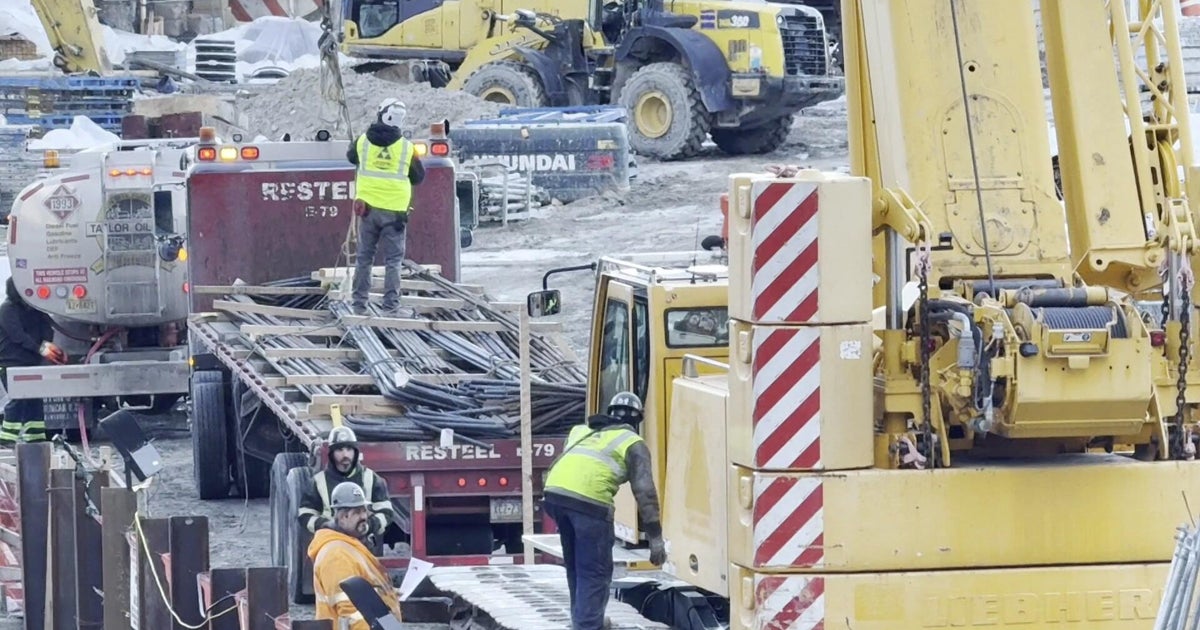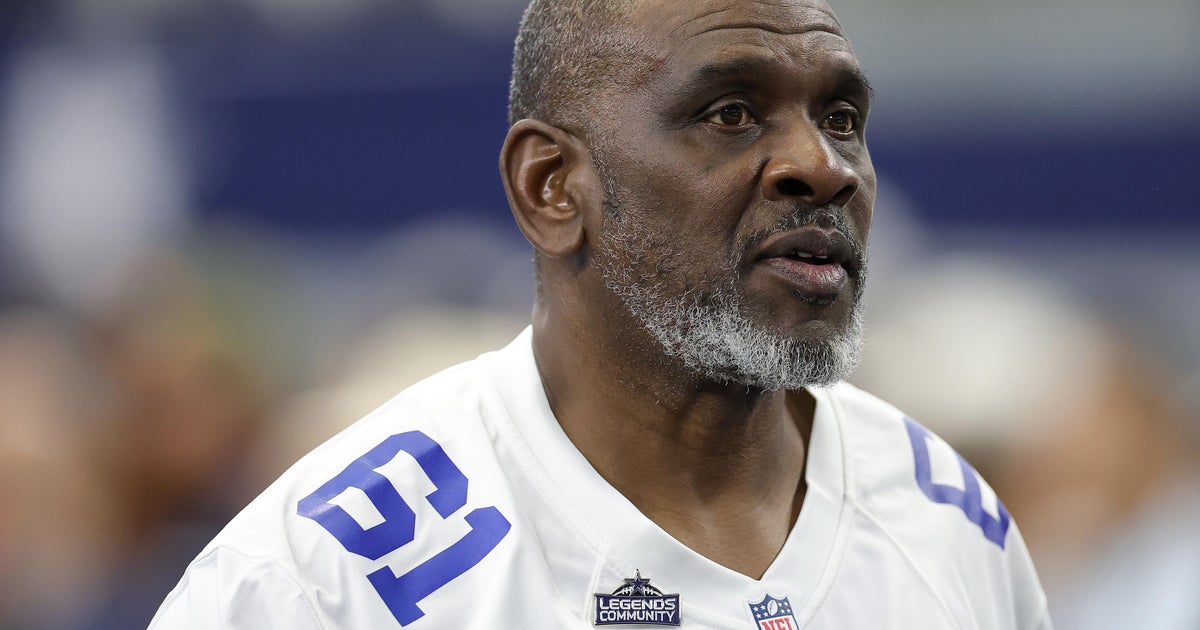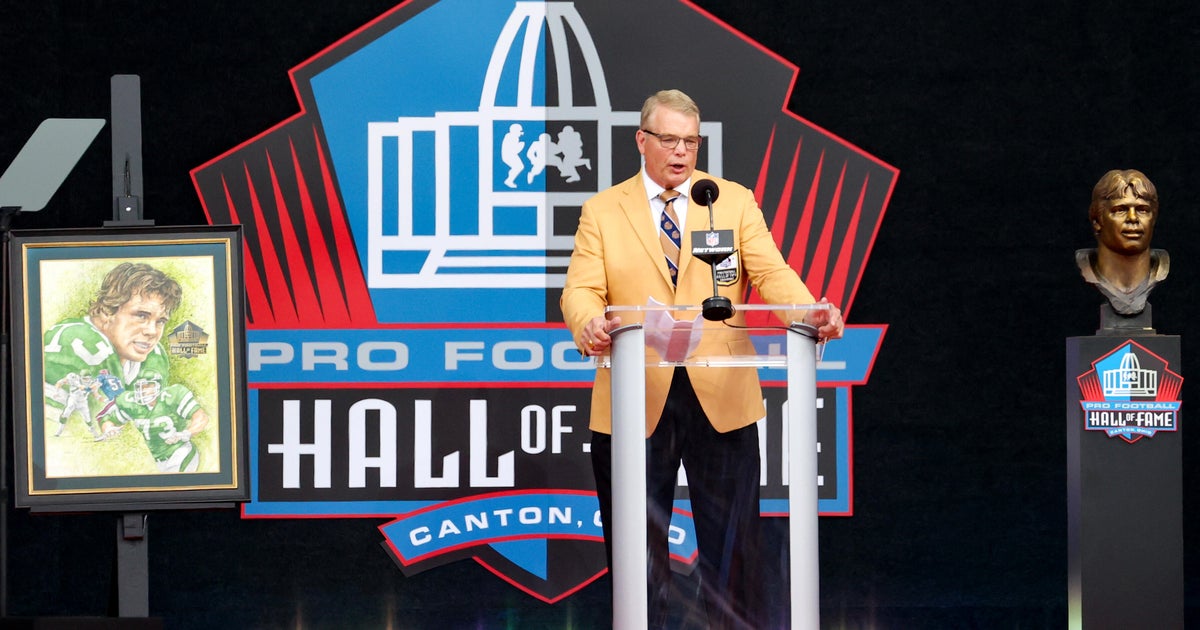Former US Ambassador Concerned About President-Elect Trump's Nuclear Comments
BOSTON (CBS) -- He won't be taking office for another 28 days, but President-elect Donald Trump is already knee-deep in America's international affairs, speaking out on our nuclear arsenal in a tweet that is raising eyebrows, to say the least.
Apparently in response to remarks by Russian President Vladimir Putin that his country needs to expand its nuclear capability, Trump tweeted: "The United States must greatly strengthen and expand its nuclear capability until such time as the world comes to its senses regarding nukes."
It's a comment that alarms one of the nation's most-experienced diplomats, former US Ambassador to NATO Nicholas Burns, who told WBZ: "There isn't a more dangerous issue in the world today than our stewardship of nuclear weapons."
Burns, who now teaches at Harvard's Kennedy School, says Trump's "art of the deal, his negotiating style, apparently is to say outrageous things, build up your leverage, and then maybe compromise back to a more reasonable position."
What's wrong with that, we asked?
"This is nuclear weapons. He's not president yet. His own administration is saying he doesn't take his intelligence briefings. He has no experience in international politics or nuclear weapons."
Trump advisor Kelleyanne Conway claims this was just Trump showing leadership. "He's putting the world on notice that he will do what he thinks he needs to do to keep us safe and secure," she told MSNBC Thursday night.
But a new nuclear arms race would be a reversal of decades of US policy, notes Burns, who sees a disturbing pattern emerging from Trump Tower.
"Here you have a situation, on nuclear arms, on the Israeli settlements issues, on the China issue in the South China Sea, where three different times in the last several days Donald Trump is competing with Barack Obama to voice the position of the US. It's not right. It's not effective. Foreign countries and leaders are hearing two very different American voices. What we need is a president who is gonna be serious and sober and credible on this issue and careful, and not try to make up policy through 140 characters on Twitter."
Words do matter in global affairs, says Burns, who points to a notorious incident in 1950 when a US official's failure to include South Korea in a list of regions we would defend against aggression allegedly emboldened the North Korean invasion that triggered the Korean War.
And while Trump may be using shorthand to express himself, Burns claims officials in other countries will "take his statements literally."







